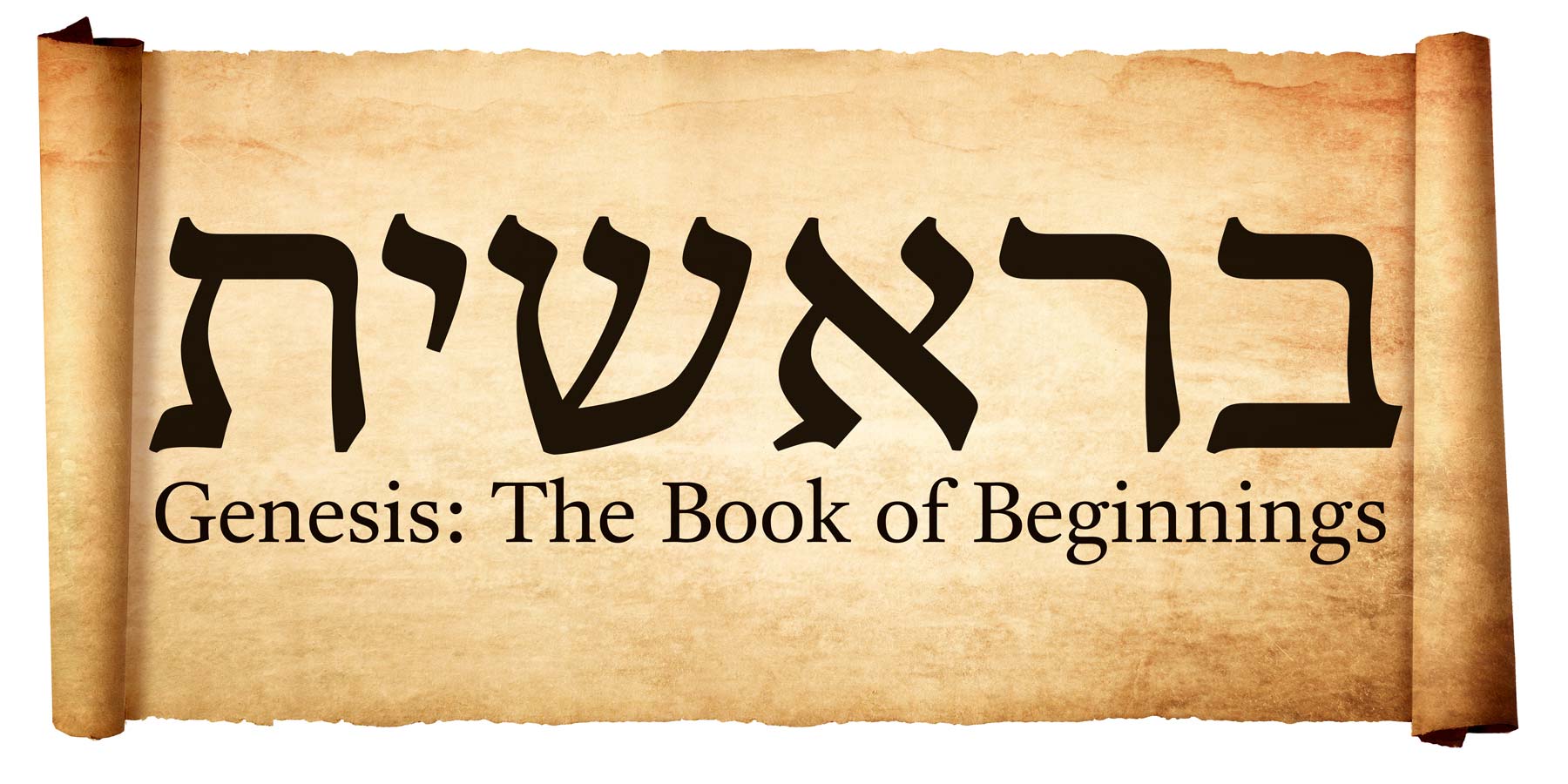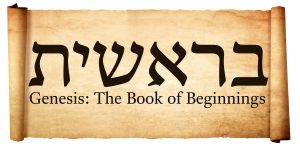Genesis Lesson 15 | 15:1–15:21
Prayerfully read Genesis 15 at least two times and then read the following notes.
Context: Setting the Table
Following a magnificent creational prologue, the book of Genesis divides into two unequal halves of five sections each. The first half of the book (2:4–11:26) deals with the history of humanity as a whole, from its creation to the birth of Abram. The second half of the book (11:27–50:26) focuses on the history of the patriarchs. In this fourth installment of the story of Abram, the Lord cuts a covenant with him, unilaterally promising to give him descendants and to give those descendants the land in which Abram now sojourned.
Content: Reading the Text
(15:1–6) Abram is Promised a Seed
(15:1a) Given that Abram had just taken on some of the most powerful military leaders of his day, he was very likely afraid that they would come back for revenge. The miraculous success of his midnight sneak attack would not make success in open battle against such odds any more likely. Furthermore, Abram has just turned down the reward from the king of Sodom that he might have been able to use to help purchase security.
(15:1b) The word here translated as “shield” uses the same letters as the word translated as “delivered” in Melchizedek’s blessing in 14:20. This is only one of a large number of word-plays that are intended to tie the two accounts together.
(15:1c) While it is perhaps grammatically possible that God is telling Abram that he himself will be Abram’s reward, the context makes this interpretation unlikely. “He is not saying that he, Yahweh, is Abram’s reward instead of the spoils of victory. He is saying that he will give something to Abram that will compensate for the fact that he took none of these spoils. That this is the correct interpretation is clear from Abram’s response. He says, ‘What will you give me?’ not ‘How will you be my reward?’”1
(15:2a) This is the first time the divine title here translated as “Lord” appears in the Bible. For this title, the normal Hebrew word meaning “lord” or “master” is given a special ending, which makes it mean something like “sovereign Lord” or “Lord of all.” The word translated here as “God” is the same word normally translated as Lord, the personal covenant name of God (sometimes referred to as Yahweh, Jehovah or YHWH).
(15:2b) The paraphrase of one commentator captures Abram’s meaning precisely, “O Lord Yahweh, what purpose will your gifts serve if I die childless…?”2 “No material reward can equal the blessing of having children.”3 Furthermore, without a legitimate heir, there would be no point in building up an inheritance.
(15:4) The Lord’s response to Abram’s suggestion that he will have to leave everything to one of his servants is swift and decisive. Abram will himself father a son to leave his inheritance to. “[I]n Isaac, the legitimate son, we can see the One who is the true legitimate son, the Lord Jesus, of whom at the beginning of the Gospel according to Matthew we read that he is the son of Abraham.”4
(15:5) As specific mention of the going down of the sun is made in 15:12, some have supposed that the events of this chapter stretched out over two days. While this is possible, it seems somewhat more natural to suppose that, as this conversation took place in a vision (15:1), Abram was able to see the stars regardless of the time of day.
(15:6) This text serves as the centerpiece of Paul’s argument for justification by faith, apart from works and without circumcision (Romans 4:2). Salvation has always been by grace alone through faith alone. While all who are truly right with God by faith will demonstrate the genuineness of their faith by works (James 2:22), the things that we do contribute nothing whatsoever to our righteous status before God. All and only those who follow in the footsteps of Abram’s faith by believing in him who raised Jesus our Lord from the dead are the true children of Abraham (Romans 4). In Christ, the true seed of Abraham (Galatians 3:16), the wall separating Jews from Gentiles has been forever abolished (Ephesians 2:14). As the true seed of Abraham, Jesus Christ is the true Israel, and all and only those who are in him will experience the final fulfillment of God’s promises to Abraham—the making new of the heavens and earth.
(15:7–21) Abram’s Seed is Promised a Land
(15:7) There are many intentional parallels between the story of Abram and the story of the Exodus—compare this verse to Exodus 20:2. We, like Abram and Israel, have also been transferred from one kingdom to another (Colossians 1:13).
(15:8) Once again Abram wants to know how he can know that what God has said will be true. Just as before, God doesn’t give him any proof other than the certainty of his own character as a maker of promises.
(15:12) The only other time in the Pentateuch the word translated as “deep sleep” is found is in the creation of Eve in Genesis 2:21.
(15:13) As “no indication is given as to the year from which the reckoning begins,”5 it is difficult to know with precision the period covered by these 400 years.
(15:16a) God is always just, even with those who reject him. He made his own people wait 400 years for their inheritance until the iniquity of the pagan Amorites had so increased that they had justly forfeited their land.
(15:16b) The word here translated as “generation” is used to refer to periods of time that vary in length considerably. As it seems likely from the context that we are meant to take these four “generations” as equivalent to the 400 years in verse 13, it is striking that Isaac was born when Abraham was 100 years old (Genesis 21:5).
(15:17) The fire and smoke serve to represent the presence of the Lord (Exodus 13:21). In normal human covenants, both parties to the covenant would pass through the pieces. By doing this, they declared, “If I do not fulfill my covenant obligations, may I be divided as these animals are divided.” When he passed through the pieces alone God was in essence saying to Abram, “‘If this covenant is broken, Abraham, for whatever reason—for My unfaithfulness or yours—I will pay the price’…. ‘If you or your descendants, for whom you are making this covenant, fail to keep it, I will pay the price in blood.’ And at that moment, Almighty God pronounced the death sentence on his Son Jesus.”6
(15:18a) The word here translated as “make” literally means to “cut.” Referring to the cutting in half of the animals, it is the normal way in Hebrew to refer to the initiation of a covenant.
(15:18b) Paul makes clear the promise of the land was far broader than Abram could ever have imagined. The land of Canaan was only a temporary stop on the way to the day when the true Seed of Abraham will inherit the world (Romans 4:13).
(15:18c) The “river of Egypt” is not the Nile River (for which a different word is consistently used) but either the Wadi el Arish (separating Canaan from the Sinai Peninsula) or the most eastern branch of the Nile delta (separating Egypt from the Sinai Peninsula).7
Credo: Believing the Truth
Abram miraculously defeated the kings of the east. He remained faithful in the aftermath of victory, refusing to be enriched by the king of Sodom. Yet when all the excitement was over, Abram was left alone and afraid. What if the eastern armies came back for revenge? Above all, where were the descendants that his God had been promising him all these years? In this time of crisis, God responded by cutting a covenant with Abram, staking his own character on the fulfillment of his promises. Abram would have descendants and those descendants would inherit the land in which Abram was a sojourner—and through the fulfillment of these promises, God’s creational purposes would finally begin to be accomplished.
Conduct: Reshaping Our Walk
Discuss the meaning of the text and then walk through the following application questions as you discuss the difference this meaning ought to make in our lives today.
Abram was counted as righteous, not because of anything he had accomplished but solely because he believed God’s word. How might we be tempted to place our reliance in our performance rather than God’s faithfulness?
Examples: Building our assurance on what we “did” to receive salvation rather than continuously looking to Christ; Thinking we are more “right with God” than others because of how well we keep the “rules.”
The only evidence God gave Abram for the reliability of his promises was his own character as a trustworthy maker of promises. What are some of the ways in which we can be tempted to call God’s character into question by demanding something “more”?
Examples: Refusing to obey God in some particular area until he “proves” himself to our satisfaction; Questioning God when the way he chooses to accomplish his promises to us looks different than we had expected.
Endnotes
1. Gentry & Wellum 2012, 249
2. Hamilton 1990, 417
3. Sarna 1989, 113
4. Sheridan 2002 [Ambrose 380], 31
5. Sarna 1989, 116
6. Laan 1996, 9
7. Wenham 1987, 333




